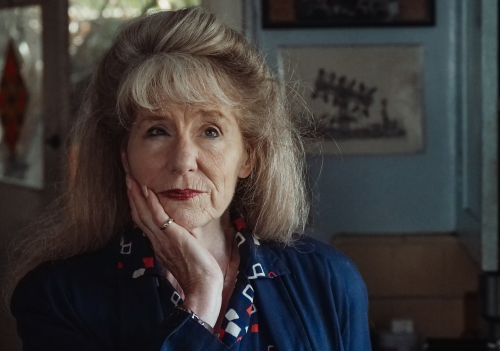Homemade wills may appear to save you a few pounds in the short term, but dispensing with legal advice greatly increases the risk of painful disputes arising after you are gone.
That was certainly so in the case of a desperately ill man who left the whole of his substantial estate to a friend, thus cutting out his brother and sister.
The man suffered from long standing bipolar disorder and made his will after he was admitted to hospital suffering from the brain tumour that led to his death. The short and informal document, which was made without the benefit of legal advice, was witnessed by two of his friends and left his estate to another.
Had he died without making a will, his estate would have passed to his siblings, who were estranged from him and had no contact with him until shortly before his death.
In challenging the validity of the will, the siblings denied that the signature it bore was their brother’s. They also asserted that he did not have the mental capacity to make a valid will and that he lacked knowledge and approval of its contents.
They pointed out that he was suffering from cortical blindness due to his illness and questioned whether the will had been read to him. He was said to have repeatedly told his brother that he had made no will and had no intention of doing so.
Following a preliminary hearing, the High Court noted that the siblings had not formally alleged that the circumstances of the will’s execution were such as to arouse suspicion, nor was it claimed that the document was the product of a conspiracy or that the signature was a forgery.
The Court, however, ordered the witnesses to the will to disclose documents for use in the proceedings, including any written communications they had had with the man around the time of his death.
In ruling that such disclosure was necessary to dispose fairly of the case, the Court noted, amongst other things, that documents bearing the man’s signature were likely to assist handwriting experts in assessing the authenticity of the signature on the will.





